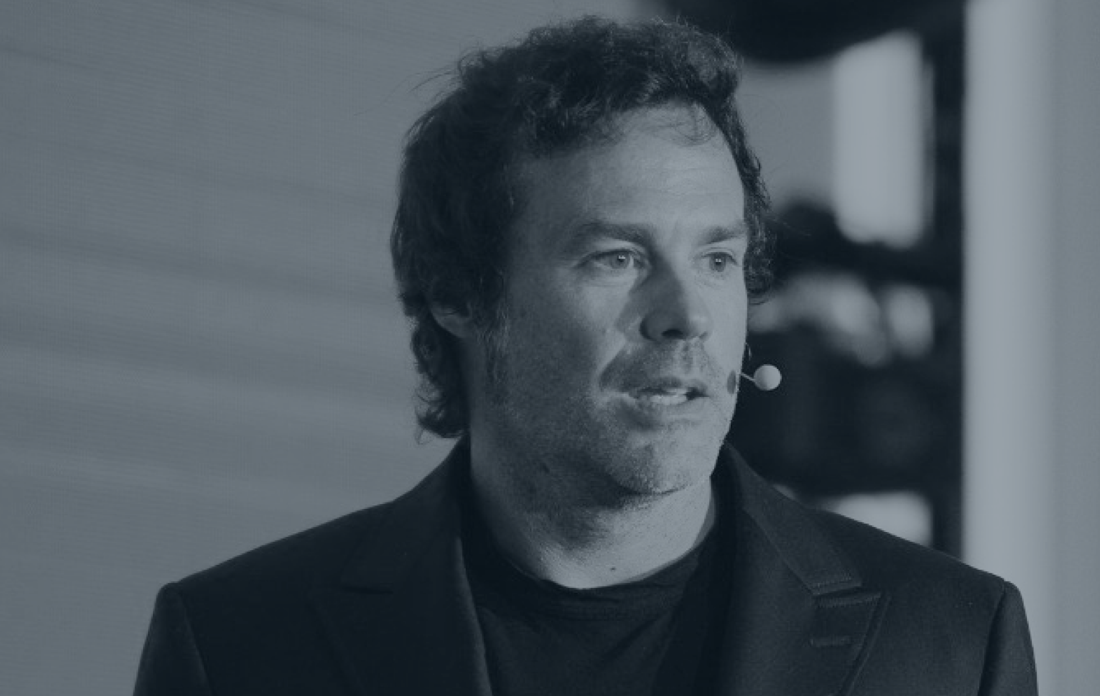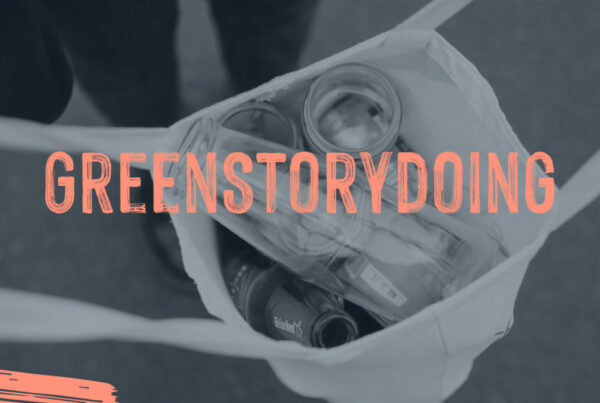GenAlpha
In this article, I’ll introduce you to Generation Alpha (GenAlpha) by sharing key facts I’ve learned from leading experts. GenAlpha was first named by Mark McCrindle, a social analyst and demographer, in 2008. I’ll share highlights of his work on social trends and generational analysis and I’ll also share ideas from other writers on marketing to GenAlpha. In a future article, I’ll share my insights on the intersection of sustainability, GenAlpha, and brands, based on this foundational work.
What is Generation Alpha?
GenAlpha was born between 2010 and 2024. It’s interesting to note that GenAlpha begins the same year the iPad was created. Every week, more than 2.5 million people are born into GenAlpha. By 2024, there will be more than 2 billion of them; according to McCrindle’s latest report, this will be the largest generation in history.
A Generation of Global Digital Natives
Tracey Wallace, Director of Marketing at MarketerHire, states that this generation represents a growing consumer phenomenon for three main reasons:
- They’re expected to be the largest generation yet.
- Almost two out of three childrenages 8 to 11 have access to a smartphone.
- Many of these kids have unique digital savviness due to their school experience during the pandemic.
GenAlpha includes our COVID kids (some call them GenC), who masked in elementary school and were involved in remote schooling in various countries. As a result of this unique experience, while very young, they’ve spent a lot of time at home and have learned to use screens to communicate, learn, and play.
One impact of having such early access to screens and the internet means that GenAlpha is more global than prior generations. They’re comfortable sharing customs, values, and experiences across cultures online.
Growing up on Facetime, on the verge of the metaverse, and with the rising popularity of artifical reality, GenAlpha is more social and more visual than some prior generations.
Another source of GenAlpha information is the article, Generation Alpha Everything Brands Need To Know, by Dayna Winter, Lead Writer, Content Marketing at Shopify. This article introduced me to another GenAlpha expert, Ashley Fell, a social researcher and co-author of the book, Generation Alpha. Fell describes how the economic, social, educational and psychological impacts of COVID will have a profound impact on this young generation. She also predicts they will value family more, admire “everyday superheroes,” and see work from home as a normal way of life. “They will be a more creative and resilient generation due to the challenges they experienced,” she says.
According to Winter:
“Generation Alpha may simultaneously be growing up faster—or “upaging”—because of their heightened awareness of the world around them, but they’ve also been cut off from critical in-person social interaction. This has increased their dependence on the technology that has replaced it.
Screen time increased dramatically over the course of the pandemic, with school, activities, and even play dates moving to a virtual format. While possible fallout from this could be shorter attention spans or delayed social function, screen time today isn’t the passive experience of generations past. It is a two-way street where kids can have input, interact, and collaborate.”
According to Ashley Fell, “GenAlpha are using video games from a young age and it impacts their mindset in terms of being active participants to solutions.”
More interesting observations from Dayna Winter include “The generational technology gap is closing, too. Millennial parents have been raised in a digital world and understand the risks and challenges of connected kids—but also the benefits. According to the McCrindle report, tech-enabled play can “increase connectivity, facilitate community, and develop social and global skills.”
Through so much technology use, GenAlpha kids are developing agency. According to Ashley Fell, “Generation Alpha are using video games from a young age and it impacts their mindset in terms of being active participants to solutions.”

GenAlpha and Sustainabilty
According to Mark McCrindle in his article, The Future of Sustainability for GenAlpha, “Growing up, Generation Alpha will have access to more information and will increasingly be faced with the importance of sustainability, more than any generation before them, even more than Generation Z. For today’s young people, sustainability has become a lifestyle through purchasing and consuming products that avoid harming the environment as well as choosing products that are good for their own wellbeing.”
Now that you have an overview of GenAlpha, in the next article we’ll explore GenAlpha and GenZ’s connection with sustainability.





